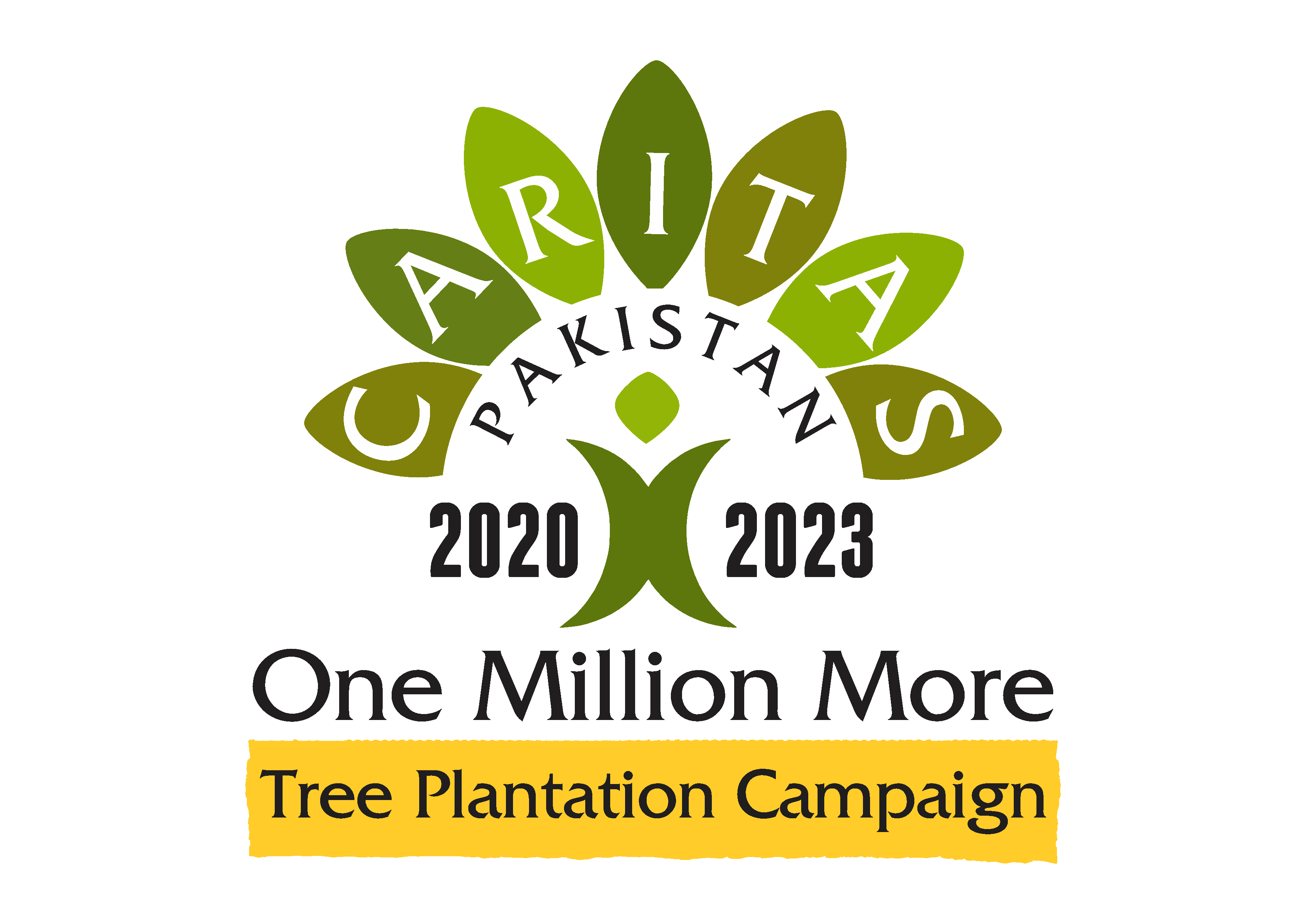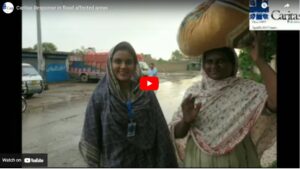No products in the cart.
Fighting against hunger and Covid-19
When Hammad Hasan harvested his vegetable crop this March, the wholesale market closed during countrywide lockdown due to the Coronavirus outbreak.
“I was at loss. Hundreds of kilos of vegetables was ripe in my farm but neither vehicles nor dealers were available. All my sweat and hard work seemed wasted,” said Hasan.
After waiting for a few days, he rented a cart to sell the vegetables in 39/DB village and surrounding areas of Khushab district, Punjab province. Together with his uncle, the 21 year old sold out the cauliflower last month.
“This is the first time we worked as a street vendor and it actually turned a profit. I used to sell five kilograms of cauliflower for 100 rupees (US$ 0.61) in the market. The rate in streets was 40 rupees for only one kilo. It took sometime but we saved the truck rent,” he said.
“The buffalo milk had lower demand but we sold it at a lower price. Our family is consuming the leftover milk. Times are tough but at least we are not trapped in houses like city dwellers.”
Hasan observed a simple Eid last week and avoided visiting his friends and relatives. Under its Smallholder Adaptive Farming and Biodiversity Network SAFBIN program, Caritas Pakistan is guiding farmers like Hasan in adapting to the pandemic.
“Our village facilitators in Islamabad-Rawalpindi dioceses are sensitizing small farmers through distribution of information, education and communication material on hand washing, symptoms and precautionary measures,” said Amir Irfan, the program’s national coordinator for livelihood and food security.
“They are adopting hygiene measures, limited social gatherings and spending most of the time at farms observing social distancing. The promotion of family farming is not only helping family members stuck at home during lockdown but also reducing cost and usage of pesticides and weedicides.”
Since 2018, Caritas Pakistan is implementing SAFBIN program in 20 villages of district Sargodha and Khushab districts focusing on making small farm households resilient and have enhancing their capacity for adaptation to climate change and disaster while maintaining ecosystem and soil health.
4988 community partners have been reached till March 2020 at the end of second year of SAFBIN program. The partners include farmers, school children and women. About 27 percent of the total community partners are women.
“We are assessing the needs of farm laborers through our small holder farmer groups. Plans are being made to help them in these challenging times,” said Mr. Ajmad Gulzar Executive Director Caritas Pakistan.








